What does the future hold for European rivers and lakes?
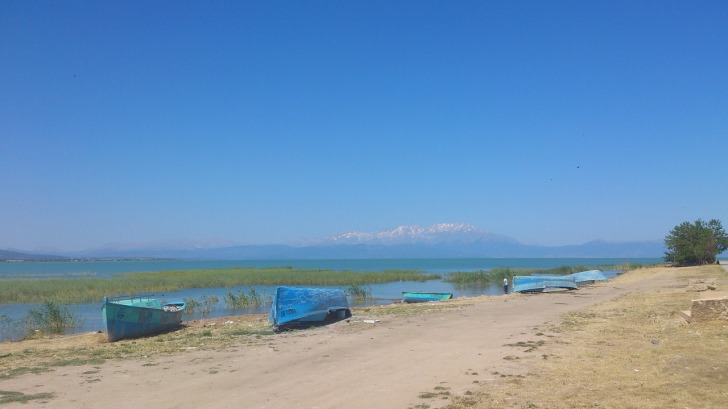
Lake Beyşehir, one of the study locations for future environmental storylines in the study. Image: Pixabay | Creative Commons
Can we predict what the future holds for European rivers and lakes? How might changes to socio-economic conditions alter future trajectories for the health and status of surface waters across the continent? These are the questions at the centre of a new study led by Leoni Mack, from the University of Duisburg-Essen in Germany.
Funded by the EU MARS project, Mack and colleagues developed computer models to project how European surface waters are likely be impacted by different climatic, land use, management and development trends in the future. Their results suggest that stronger environmental policy and management are needed to achieve good ecological status in European surface waters under future conditions.
However, if such measures are not implemented, the linked pressures of human activity and climate change are likely to cause ongoing reductions in ecological status across the continent. Their results suggest that the impacts of pressures across Europe are likely to be more severe in rivers than lakes.
Key pressures in the future are likely to be similar to today: nutrient inputs from agriculture, land use changes (e.g. riparian zone development), poorly managed water abstraction, and growing climate change effects (e.g. water temperature increases; changes to flood and drought patterns).
There is likely to be geographical variation in how these pressures affect freshwaters, the study suggests. In Continental and Atlantic regions of Europe, land use changes are likely to be the key driver of environmental pressures, whilst in Mediterranean regions, the effects of climate change are predicted to dominate. In more northerly Boreal regions, the combined impacts of land use and climate change are predicted to drive environmental pressures, reflecting a likely trend of agricultural activities shifting northward with a warming climate.

Graphical abstract of the study showing: methods, map of study basins, and results (TN= nitrogen, TP = phosphorous, Chl-a= algae growth). Image: Mack et al 2019.
Three lake and four river basins were modelled in the study, representing a number of typical European environmental conditions and human pressures. Nitrogen, phosphorous and chlorophyll a (a proxy for algae growth) dynamics were modelled to two time horizons – 2030 and 2060. These dates were chosen to give a picture of how alterations to current environmental policy (e.g. the Water Framework Directive) could have short-term impacts in the next decade (2030), and how climate change effects might be experienced over a longer term (2060).
Three storylines describing land use, management and development were assessed: ‘Consensus’, ‘Techno’, and ‘Fragmented’. Each storyline describes possible political, economic and cultural trends which to different combinations of drivers and pressures across Europe, using Shared Socio-Economic Pathway projections of socio-economic trends and IPCC Representative Concentration Pathway projections of climate change. The storylines are thus broad-brush forecasts of possible future trends across the continent, developed to help guide environmental policy and management decisions.
In Consensus World, future development in Europe follows similar patterns to the recent past, and environmental conservation and policy is supported. The world tends towards being relatively politically stable (Shared Socio-Economic Pathway 2), alongside a stablising and relatively low level of climatic change (Representative Concentration Pathway 4.5).
In Techno World, economic growth is strong, led by technological innovation, and human resource consumption is high. Ecosystems are valued largely for the benefits they provide to humans, and environmental protections are gradually rolled back over time in favour of promoting economic growth. High greenhouse gas emissions and rising global temperatures (Representative Concentration Pathway 8.5) are present, and there is a strong, carbon-based global economy (Shared Socio-Economic Pathway 5).
Fragmented World envisions a future with rising carbon emissions and significant climatic change (Representative Concentration Pathway 8.5). Technological developments are slow, and fossil fuel dependence is high; international cooperation is poor and significant pockets of poverty persist (Shared Socio-Economic Pathway 3). There is poor trans-national co-operation on environmental protections. Current environmental policy commitments are not met, or rolled back over time.
The authors highlight that different management approaches could have positive ecological impacts in each storyline. In Consensus World, present-day measures such as riparian shading had a positive impact on ecological status, whilst in Techno World, technological improvements such as increasing wastewater treatment efficiency were predicted to be key. In Fragmented World, agricultural extensification (i.e. the reduction in fertilisers and pesticide use per land area) was highlighted as a means of reducing nutrient pollution and habitat change.
The study, published in Science of the Total Environment, is rich in detail of how these potential political, economic, climatic and environmental trajectories might interact with freshwater ecosystems in the future. Overall, the results highlight the need for continued high ambitions for freshwater policy and management, and the political and public will to implement it for decades to come. The study emphasises the need for locally-appropriate targeted freshwater management measures to mitigate the effects of environmental pressures, whichever storyline(s) might develop in the future.






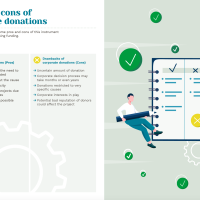
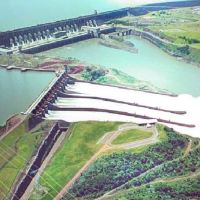


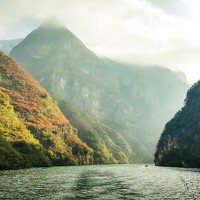
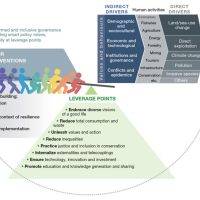


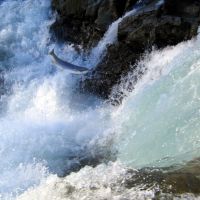
Comments are closed.